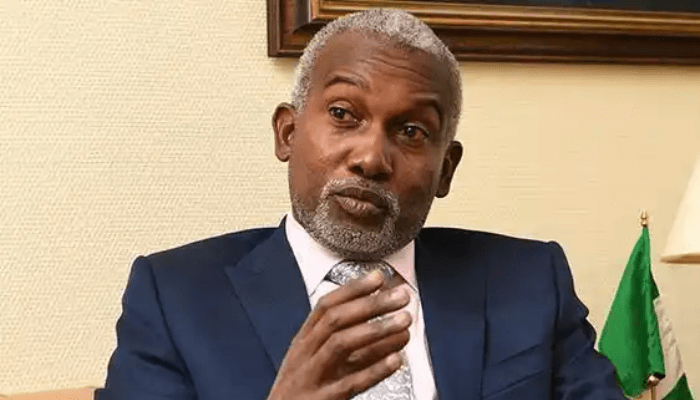Yusuf Tuggar, Nigeria’s minister of foreign affairs, has said the country’s foreign policy is now firmly aligned with its economic agenda, as the government works to drive regional integration, attract investment, and strengthen partnerships that promote growth and stability.
Speaking at the 31st Nigerian Economic Summit in Abuja, Tuggar said Nigeria’s diplomacy under President Bola Tinubu’s administration is anchored on “economic pragmatism, strategic autonomy, and partnerships of purpose.”
He noted that the annual summit, organised by the Federal Ministry of Budget and Economic Planning in collaboration with the Nigerian Economic Summit Group (NESG), has evolved into a cornerstone of Nigeria’s development framework, bridging the gap between policy ambition and real-world implementation.
Tuggar described this year’s summit theme, “The Reform Imperative: Building a Prosperous and Inclusive Nigeria by 2030,” as both timely and necessary, given Nigeria’s ongoing economic transformation.
According to him, the rapidly changing global economy requires countries like Nigeria to rethink how their economies function and for whom they work.
“We are fortunate, during this transformative period, to have a President who understands the intersection of Nigeria’s political and economic structures.
“That is why President Tinubu is implementing bold, people-centred reforms that are catalysing macroeconomic stability, enhancing investor confidence, and reigniting the nation’s productive capacity”, Tuggar said.
Read also: CBN’s aggressive mop-up slashes bank deposits by 42%
He stressed that the reforms being implemented under the Renewed Hope Agenda are not just improving economic figures, but are beginning to positively impact the lives of ordinary Nigerians.
The Minister said Nigeria’s foreign policy is now strategically aligned with its domestic economic goals through what he described as the “4D Foreign Policy Agenda”, focused on Democracy, Development, Demography, and the Diaspora.
“Our diplomacy continues to unlock trade corridors, attract investment, secure partnerships, and expand opportunities for Nigerian businesses,” he said.
He explained that the Tinubu administration’s approach avoids rigid alliances, focusing instead on mutual interests.
“Tinubu’s strategic autonomy is for partnerships of purpose, not alliances of obligations. Nigeria is too big and too significant to engage in band-wagoning. The stories we tell about ourselves as a nation matter”, Tuggar added.
Referencing the Flying Geese Paradigm, which describes how East Asian nations industrialised in structured succession, Tuggar said Nigeria must position itself as the leader of Africa’s industrial transformation.
“With our demographic weight, market size, and strategic position, we have the scale and potential to lead Africa’s own ‘flying geese’ formation.
“But leadership must be earned through sound policies, productive investments, regional coordination, and institutional credibility”, he said.
He added that regional integration remains crucial to Nigeria’s economic success, arguing that development on the continent cannot rely solely on donor funding, but must be driven by private sector investment, sound industrial policies, and smart import substitution strategies.
“Import substitution is not a bad word,” he said, referencing lessons from Southeast Asia’s industrial rise.
Tuggar also highlighted the recently launched West Africa Economic Summit (WAES) as a vital platform for deepening trade, infrastructure, and policy coordination across the sub-region.
He said WAES reflects the reality that “Nigeria’s prosperity is tied to West Africa’s progress.”
“The more we invest in regional value chains, cross-border infrastructure, and policy harmonisation, the more resilient and competitive we become as a bloc,” he said.
He further called for stronger collaboration between government, academia, civil society, and research institutions, urging investment in “policy intelligence” to guide Nigeria through an increasingly complex global environment.
Institutions like the Nigerian Institute of International Affairs (NIIA), he noted, must work closely with economic and development actors to translate policy ideas into viable diplomatic strategies.
Tuggar reaffirmed the Ministry’s commitment to advancing Nigeria’s global position through trade facilitation, investment promotion, and climate diplomacy.
“Whether through advancing trade under AfCFTA, facilitating investment flows, supporting climate finance, or championing Africa’s voice in multilateral fora, our diplomacy must serve the people and priorities of Nigeria,” he said.
He expressed optimism that the outcomes of the 31st Nigerian Economic Summit would go beyond policy declarations to produce actionable, people-centred results.
“The outcome of this summit must transcend mere policy formulation and translate into collective ownership that delivers tangible dividends to Nigerians,” he said.

